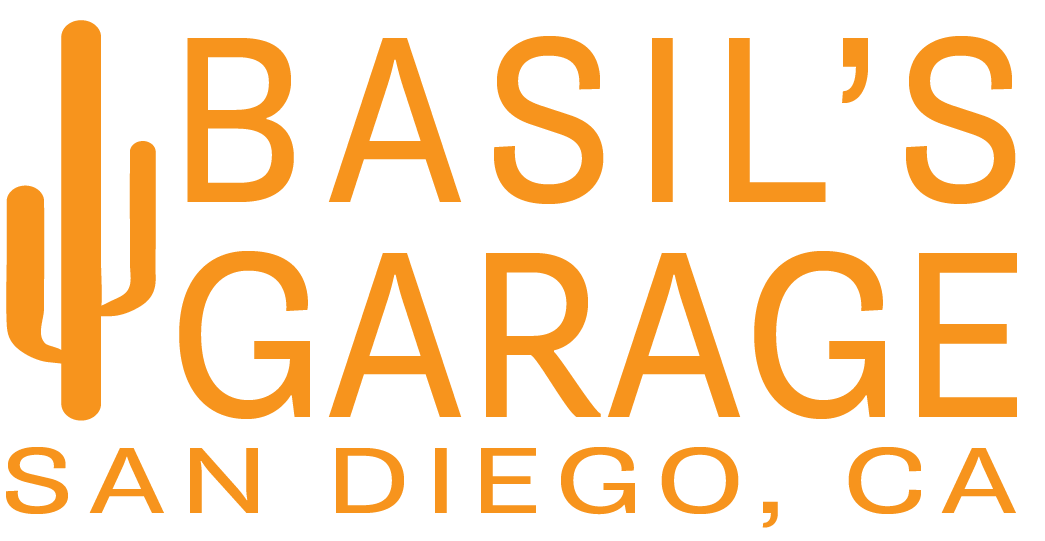How to Choose the Right Vacuum Cleaner for Your Home
Manufacturing is complicated and costly and may be seen as a necessary inconvenience, rather than a potential strategic advantage..
I could have put this down to the construction industry, a much-maligned industry, however as I began my career through the food and pharmaceutical industries I began to realise that much of business and society is hampered by the same reductive thinking which comes with an amnesia of purpose and a huge loss of value.The approaches and attitudes of the last century, which we were all part of, have led us to a point of crisis.. As I studied and researched systems thinking, and psychological understanding and analysed great stories of achievement I found evidence of how shared purpose and joined-up, holistic approaches yield better, maybe exquisite, outcomes on every level; individual, team, company, society, eco-system and planet.. At this point in human history I will argue that we have all the technology or technological development capability we need to solve our problems, what we lack is a scale of vision and connected approaches.

Not the reductive visions of companies and governments, but expansive visions and shared purpose that look to deliver value to all society and the planet synchronously.. And not the approaches written in our procedures, workflows and bodies of knowledge; approaches which align to expansive visions and work with the complexities we live in.. As we continue to build and develop the world we inhabit I will argue in this lecture that there is a way to find both treasure and redemption.. Join Professor John Dyson for his inaugural lecture 'In Search of Treasure and Redemption' at the University of Birmingham on 22nd November at 5:30pm in 124 - School of Chemical Engineering (Y11)..Secure your place by filling out the mandatory., or attend online:.

https://bit.ly/PDJLecture.Meeting ID: 876 1663 6350.

Passcode: 932368.
Professor John Dyson spent more than 25 years at GlaxoSmithKline, eventually ending his career as VP, Head of Capital Strategy and Design, where he focussed on developing a long-term strategic approach to asset management..Together with Martin Wood, and John Dyson (Vice President Global Capital Projects) Steven has developed an approach, called the ‘Front End Factory’, that has been in use by GSK for about two years now to make high level strategic decisions about all their capital investments worldwide..
Recently, Steven also obtained a Diploma in Advanced Architectural Studies (The Bartlett Faculty of the Built Environment, University College London).This course brings together within a single theoretical and analytical framework, known as Space Syntax, the study of architecture from the scale of buildings to entire cities.
The course is closely linked to the Space Syntax Laboratory, one of the world’s leading architecture research groups, which forms part of the Bartlett’s ‘Space’ research group.The discussion praises the strategy's long-term vision, focus on key sectors (advanced manufacturing, life sciences, digital), and systemic approach to economic issues.However, it examines the absence of a detailed 'industrialisation strategy,' highlighting gaps in integrating academia with industry, supporting early-stage investment, and overcoming cultural barriers to productivity.
